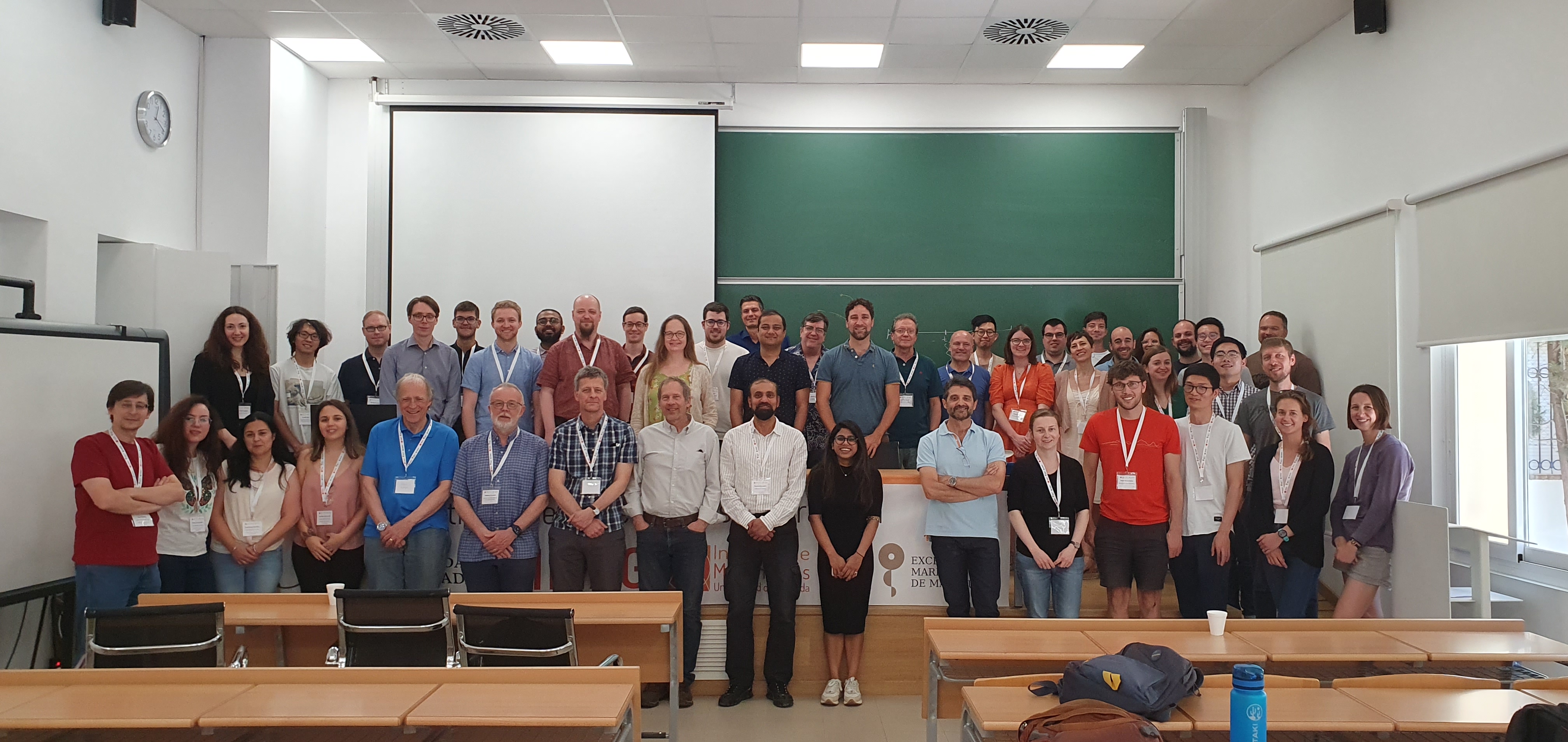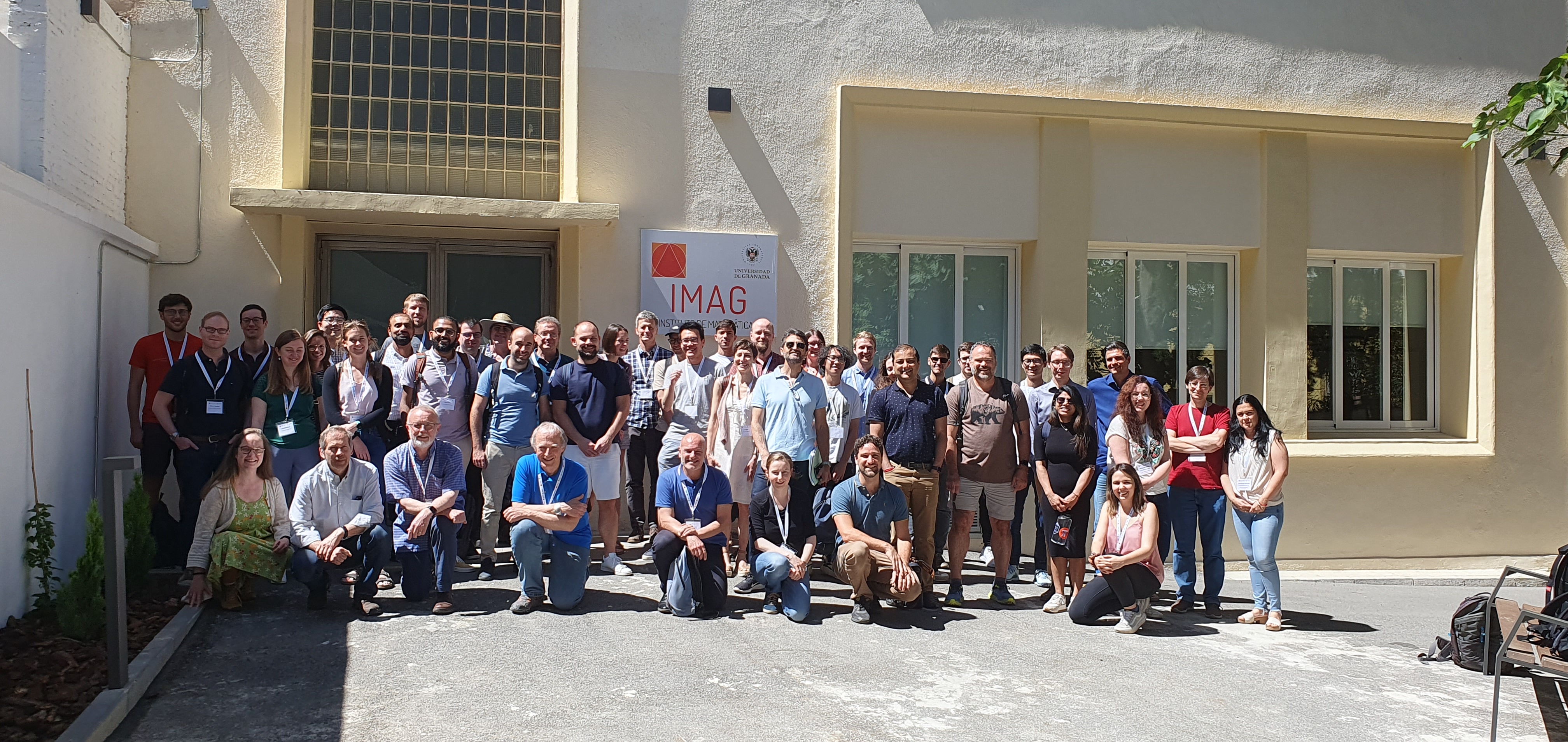Modern Statistical and Machine Learning Approaches for High-Dimensional Compound Spatial Extremes (23w6006)
Organizers
Soutir Bandyopadhyay (Colorado School of Mines)
Raphael Huser (King Abdullah University of Science and Technology)
Jorge Mateu (Universitat Jaume I)
Gwladys Toulemonde (University of Montpellier)
Jenny Wadsworth (Lancaster University)
Description
The Institute of Mathematics at the University of Granada will host the "Modern Statistical and Machine Learning Approaches for High-Dimensional Compound Spatial Extremes" workshop at the University of Granada (IMAG) in Spain, from May 7 - 12, 2023.


It is undisputed that the Earth is experiencing a period of changing climate, and due to climate change, it is expected that extreme events (e.g., heat waves, floods, storm surges, hurricanes, wildfires, earthquakes) may be more frequent, severe, and interdependent in the future, thus leading to larger impacts. An important step towards resilient extreme events monitoring and evaluating the hazards to infrastructure is to develop novel and rigorous mathematical and statistical framework that can identify areas vulnerable to compound extreme phenomena. In the current Big Data era, the difficulty of this task is often exacerbated with the data being increasingly massive and complex.
The Banff International Research Station for Mathematical Innovation and Discovery (BIRS) is a collaborative Canada-US-Mexico venture that provides an environment for creative interaction as well as the exchange of ideas, knowledge, and methods within the Mathematical Sciences, with related disciplines and with industry. BIRS is supported by Canada's Natural Science and Engineering Research Council (NSERC), the U.S. National Science Foundation (NSF), Alberta's Advanced Education and Technology, and Mexico's Consejo Nacional de Ciencia y Tecnología (CONACYT).





